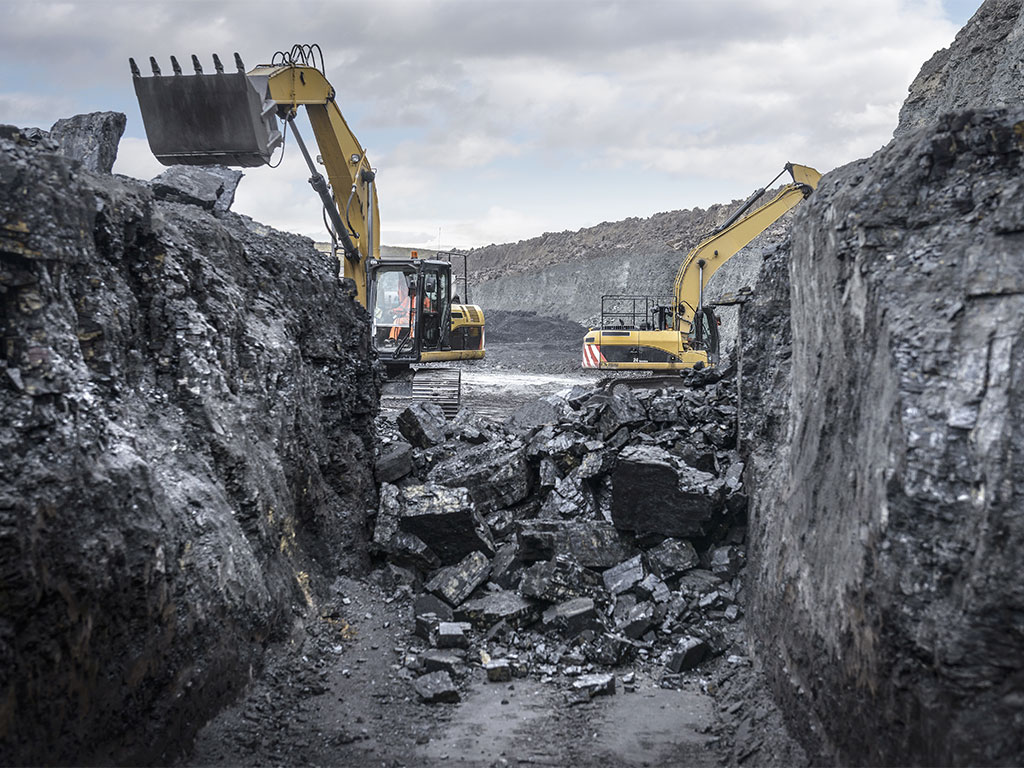‘38 blocks will go for auction, instead of the 41 mines announced earlier’.
New Delhi: The Centre is facing resistance from the non-BJP ruled
The Union Ministry of Coal has withdrawn five blocks in Chhattisgarh after the state government protested against the timing of the auction due to the Covid-19 pandemic.
Another mine bearing state, Jharkhand, had also protested against the decision and moved court. The state had said the bids would be subdued which would hurt its revenue.
Earlier, the Ministry of Coal had dropped one mine from Maharashtra after the state said it fell in the “tiger zone”. The Ministry has now revised the list of mines to be auctioned for commercial mining. As per the revised schedule, 38 blocks will go for auctioning, instead of the 41 mines announced earlier.
The Centre, in June, began the process of auction of coal blocks for commercial mining, putting on sale 41 blocks. Coal Minister Pralhad Joshi had said that India may save around Rs 30,000 crore annually on import bill of thermal coal on account of commercial mining. He had also said the country still imports one-fifth of its annual coal requirements.
However, the decision has been opposed by trade unions and some non-BJP state governments. Sources said this was a landmark decision under the “Atmanirbhar Abhiyan” which could help India becoming self-reliant in the coal sector. The revision in the list includes addition of three blocks—Dolesara, Jarekela, and Jharpalam-Tangarghat (in Chhattisgarh)—and withdrawal of five blocks in an ecologically sensitive zone near the Hasdeo River: Morga South, Fatehpur, Madanpur (North), Morga-II, and Sayang (in Chhattisgarh).
“Accordingly, 38 coal mines are offered for auction for commercial mining under 11th tranche of auction under the Coal Mining (Special Provisions) Act, 2015, and the first tranche of auction under the Mines and Minerals (Development and Regulation) Act, 1957,” the Ministry said in a statement.
This is to be noted that there has been a drop in imports in the last few months after the government mandated Coal India Limited (CIL) to replace at least 100 MT of imports with domestically-produced coal in the current fiscal. Industry sources said the trend could be due to continued high stockpile of coal in the country.
According to the Ministry’s provisional figures, the all India production of coal was 728.72 MT in 2018-19, while it was 729.10 MT in 2019-20. Coal India Limited (CIL) and its subsidiaries accounted for 606.89 million tonnes during 2018-19, but it came down to 602.15 MT during 2019-20, showing a negative growth.
Coking coal is being imported by Steel Authority of India Limited (SAIL) and other steel manufacturing units, mainly to bridge the gap between the requirement and indigenous availability, and to improve the quality, while coal-based power plants, cement plants, captive power plants, sponge iron plants, industrial consumers and coal traders are importing non-coking coal.
Coke is imported mainly by pig-iron manufacturers and iron and steel sector consumers using mini-blast furnace.

